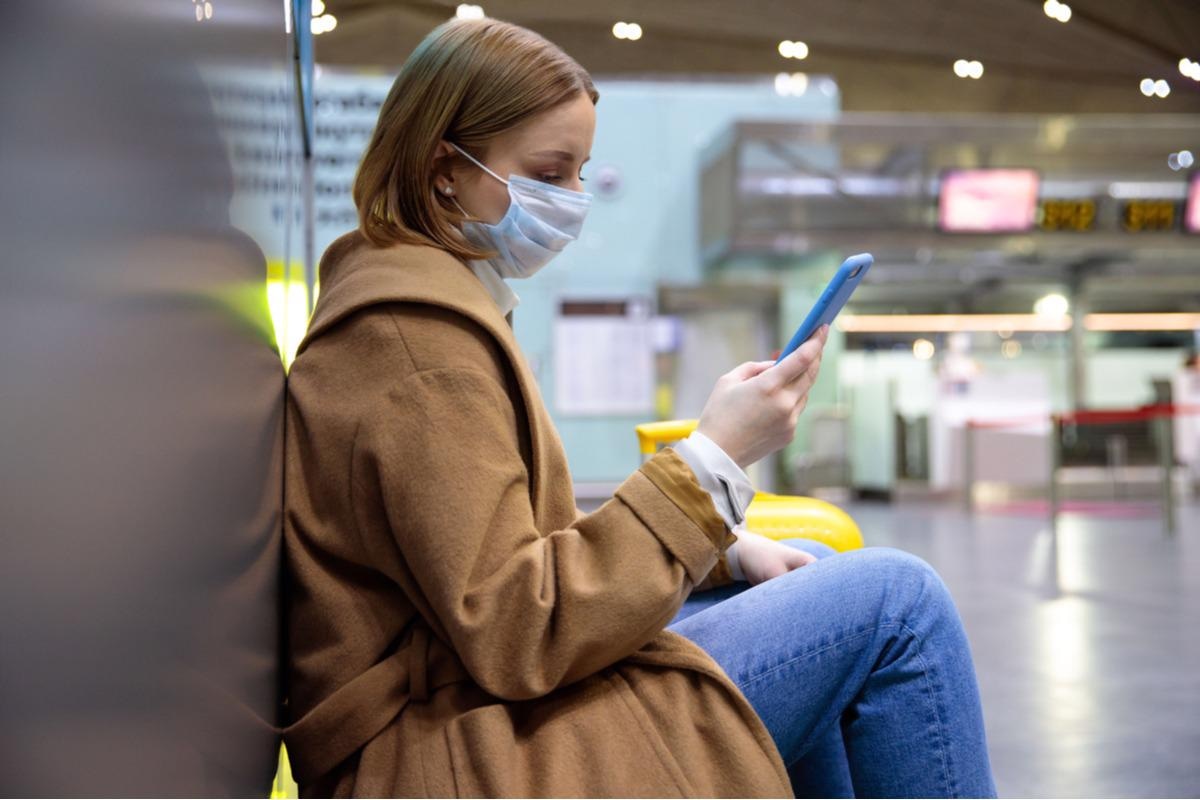In a recent study published in Healthcare, researchers assessed the effect of mobile health (mhealth) app usage on enhancing public health satisfaction during coronavirus disease 2019 (COVID-19).
 Study: The Impact of Using mHealth Apps on Improving Public Health Satisfaction during the COVID-19 Pandemic: A Digital Content Value Chain Perspective. Image Credit: DimaBerlin/Shutterstock
Study: The Impact of Using mHealth Apps on Improving Public Health Satisfaction during the COVID-19 Pandemic: A Digital Content Value Chain Perspective. Image Credit: DimaBerlin/Shutterstock
The constant increase in COVID-19 case numbers has restricted people from visiting medical institutions and healthcare facilities. Also, the airborne nature of COVID-19 transmission has led to a rise in telemedicine. In this scenario, several smartphone-based health apps have been developed to facilitate digital medical consultations, online prescriptions, health knowledge, risk assessment, self-management, and purchase of health equipment for the patients and individual patient monitoring and digital record tracking for the doctors.
Mobile apps have tremendous emotional and social values. They have been effective in increasing patient knowledge and reducing COVID-19-associated stress and other negative emotions. Smartphone apps can partly eliminate the shortage of medical resources and improve the quality of medical services for high-risk groups and people residing in remote locations.
Although previous studies have investigated the benefit of mhealth apps on public health governance, data on the mhealth social and emotional values and their mechanisms of impact during COVID-19 are sparse.
About the study
In this study, the researchers conducted an online questionnaire-based survey to assess the value transfer of mhealth apps on contentment with public health regimens during COVID-19. Additionally, they determined the mechanisms by which the values affected public satisfaction. They used a partial least squares-structural equation model (PLS-SEM) based on the digital content (DC) value chain framework for identifying the main app values for mitigating COVID-19.
Chinese residents were voluntarily asked to fill out a questionnaire between August 20, 2021, and August 30, 2021. The questionnaire was based on the most recent COVID-19 research and comprised questions on mhealth apps’ usage and the level of satisfaction with public health governance regarding COVID-19. The responses were investigated by management information system experts. Additionally, 60 undergraduates were invited to test it. Using snowballing technique for surveying, 100 recruiters were randomly summoned and were requested to ask their friends to participate in the survey.
Results and discussion
A total of 581 questionnaires were obtained by the team, of which 93 were excluded due to invalidity such as less than 2-minute answer time, unanswered questions, or greater than 70% similar answers. Only 316 respondents reported usage of mhealth apps such as Pingan Health (74/316), Chunyu Doctor (70/316), and Dinxiang Doctor (66/316). All the apps had multiple integrated functions such as e-commerce, service reservation, health knowledge search, health consultation, and medical service review task-specific processing.
Healthcare assurance capacity (HAC) values designed by the mobile apps positively impacted user–function (health monitoring), user–information (self-health management), and doctor-user interactions (online diagnosis). This finding indicates that the DC model functional value promoted user-system interactions. HAC values enhanced user satisfaction levels for public health administration.
Healthcare confidence (ACO) values positively impacted user–function, user–information, and doctor-user interactions. This highlights the DC sentimental value for facilitated user–content exchange by instilling confidence in the users regarding health care management measures amid COVID-19 while promoting user functions and apps as well as the interactions among doctors. Moreover, the ACO values indicated that users transformed their health-related confidence attained from the apps into gratification for public health administration during COVID-19.
Parasocial relationship (PSR) values designed by the apps as well as the doctor-user interactions were significant, which indicated that the DC communal values encouraged interactions among users. This data highlighted that the PSRs could reduce the innate user prejudice, enhance the user-doctor emotional bond, and increase satisfaction with their medical treatments. However, user–function and user–data interactions were unable to mediate between the PSR values and people’s health governance satisfaction. This could be explained by the fact that once the user-doctor PSRs are ingrained, the users would probably depend on the doctor’s opinion instead of relying on the mhealth information functions.
Conclusion
The study findings showed that although mhealth apps did not directly affect people’s contentment for public health administration, the apps indirectly increased their satisfaction by meeting the user utilitarian needs and providing functional (healthcare assurance), emotional (psychological interventions). The apps also boosted their confidence by reducing doubts and elucidating preventive and control measures and promoting social (patient-doctor relationships, user-dominated interface) and parasocial (user-media emotional bonds) values.